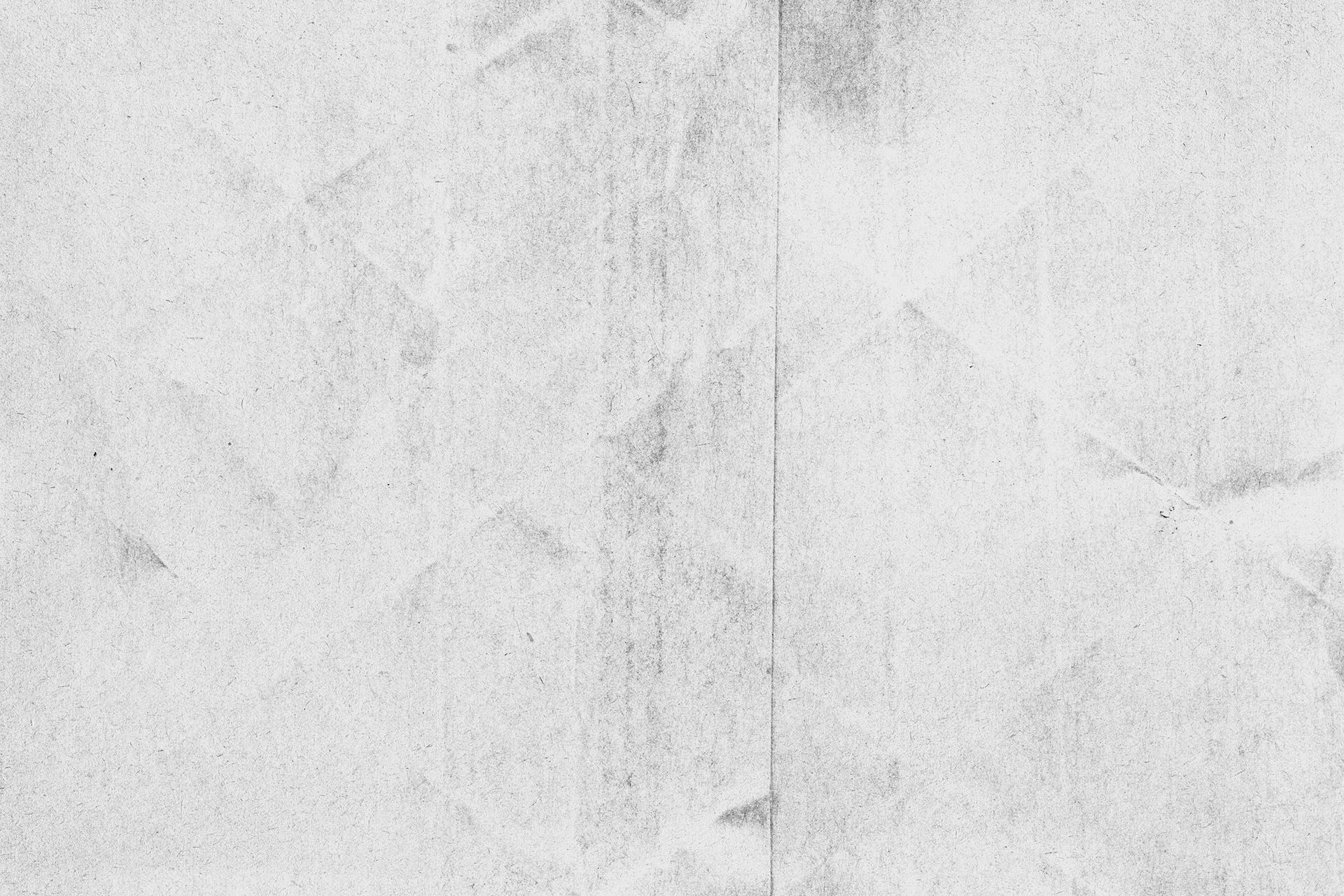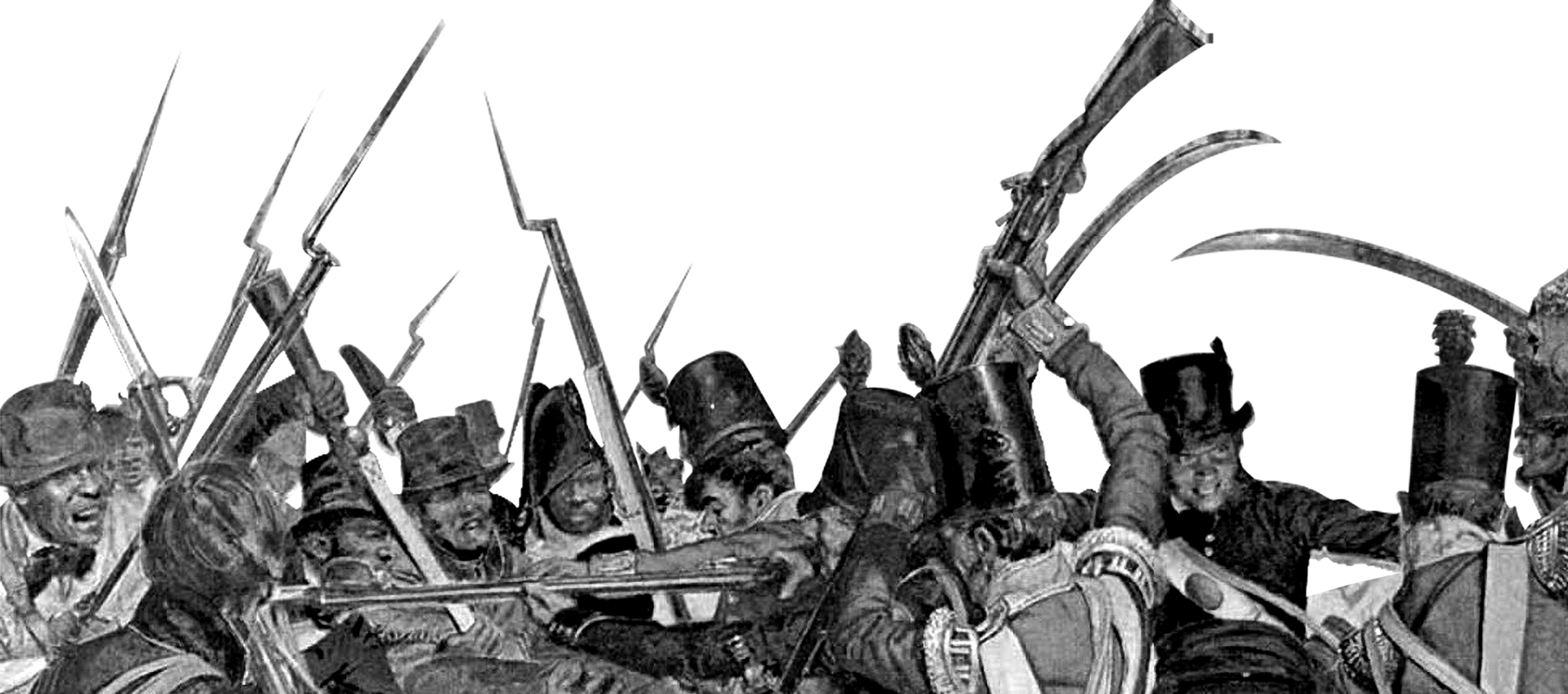
The Saviors of New Orleans


War of 1812
1812—1815
The Saviors of New Orleans
Just before Christmas during the War of 1812 (1812–1815), Free Black soldiers under the command of Second Major Joseph Savary prevented British troops from capturing New Orleans. Savary was the first Black officer in the U.S. Army.
ShowHide Transcript
In Louisiana, just before Christmas in 1814, Free Black soldiers prevented British troops from capturing New Orleans.
Leading these troops was Second Major Joseph Savary, the first Black officer in the U.S. Army.
Savary and many of the men he led were from Haiti, where their unit gained military experience fighting for the French during the Haitian Revolution, afterwards settling in New Orleans.
When the War of 1812 broke out, General Andrew Jackson was charged with defending New Orleans from an impending British assault.
More than 250 freedmen and officers served under Savary’s command in the Louisiana Militia, and soon they were inducted into the U.S. Army.
Already a captain, Savary was given the rank of Second Major. Just days later, the 2nd Battalion crushed a British advance on the city, halting it entirely.
Two weeks later, in January 1815, Jackson gathered all his forces to fight the British outside the city. He held Savary’s 2nd Battalion in reserve.
But when the fighting started, Savary would not be held back. At the climax of the battle he led his men in a rush to the front line.
They ripped into the advance, and the British commanding general was reportedly shot down by one of Savary’s men. British forces were utterly routed in one of the biggest victories of the war.
New Orleans was defended—and the War of 1812 was won. Jackson, despite his reticence to deploy them, publicly praised Savary and the 2nd Battalion for their bravery.
Yet within days, Jackson ordered all Black troops to leave New Orleans.
The order reflected the racism of New Orleans’s white citizens who feared that the presence of armed Black men, even those to whom they owed their lives, would encourage slaves to revolt.
But Savary defended his men to the end. After city authorities prohibited Black troops from participating in the victory celebrations, Savary led his men in their own victory parade through the city. He ensured that the citizens of New Orleans would see the Black heroes who had fought, bled, and died in their defense.
Savary...ensured that the citizens of New Orleans would see the Black heroes who had fought, bled, and died in their defense.